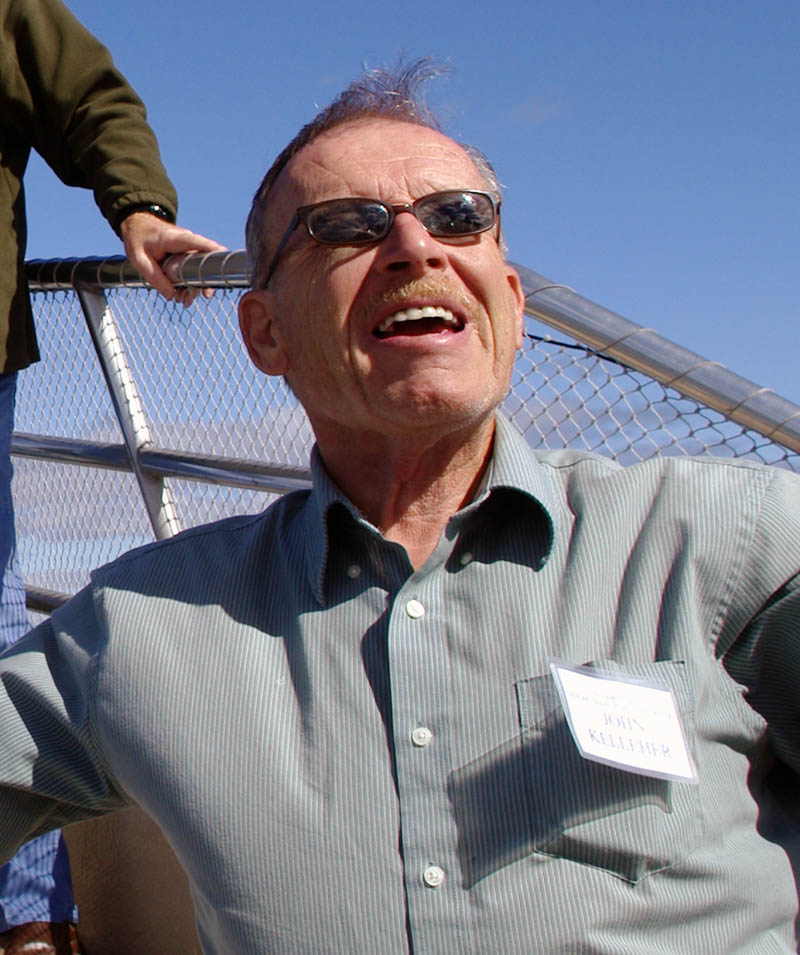A Close Call on the Delaware River — Aren’t They Always?!
Jack Kelleher
I was young then. A new lieutenant (junior grade) with less than three years in the U.S. Navy. Our aging Fletcher-class destroyer, U.S.S. Abbot, of World War II vintage, was in 1964 newly assigned as her last two years of active service to train reservists based in Philadelphia.

For me as my first ship, she was also my first love. That is true of all of us sailors.
The run up and down the Delaware River from our piers at the Philadelphia Naval Base to the Atlantic Ocean, and vice versa, was about six hours for us tin can sailors, and a bit longer for our commercial colleagues on tankers and freighters.
Our commanding officer trusted only me and our operations boss, Freddy, to make the river run. Our “certification” to do this consisted of a night and day run up and down the river with a typically old and most grizzled experienced river pilot, who ignored everything the U.S. Navy taught us young officers but who taught us plenty.
Anyway, one day it was my turn to drive our ship up the river from the Atlantic to home port in Philadelphia and a weekend with family. The captain was on the bridge. Ahead of us was a large freighter with a pilot aboard. Just below the Delaware River Bridge loomed a huge fog bank. The freighter entered it and disappeared.
Conning (driving) the ship, I suddenly heard from our fog lookout up in the bow of the ship, “Anchor chain dead ahead!” The damn freighter was anchoring dead in my path with a 40-degree course change coming up on our left. Instinctively I ordered “All Engines Stop, Rudder Amidships, Steady As You Go.”
We did and glided by the freighter not 50 feet to port (that is, our left for you land lubbers). In the instant of all this happening, the captain blew by me saying something that I did not hear or understand. At the same moment, my junior officer of the deck, assisting me in my duties, gave me a strange look.
When all was said and done and we were safe from a collision, the captain came to me and said, “Thanks, John.” Not knowing to what he was referring to, I said, “You are welcome, sir”.
Only later did I learn from my junior officer of the deck, Mike, that as the captain blew by me he ordered, “Left Full Rudder”, which would have left our ship planted dead into the stern of the freighter. It was an order I neither heard nor obeyed.
A good friend challenged me later when I related this story: Did I disobey a lawful order that I did not hear, and was I correct in my judgment in ordering what I did for the ship’s safety — having not heard my commanding officer?
An interesting discussion, is it not?!!!
I believe my skipper thanked me for doing what I didn’t do; in not hearing his order, we avoided a collision and a possible Big Black Mark in both our records! Isn’t life strange and full of the unexpected?!